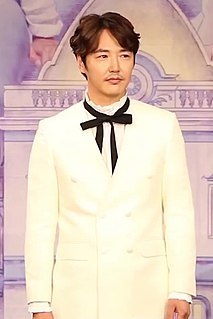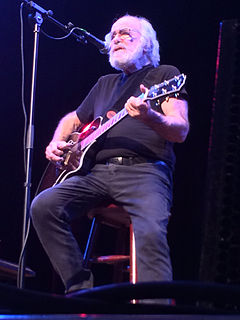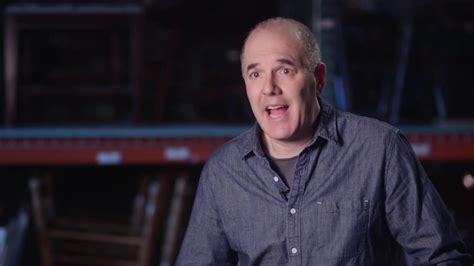A Quote by Mose Allison
I start out with words, with the idea, the line. Then after I get a line or two, I try to find what melodic line those lines would be suited to. As soon as I find the form I can finish the song in my head.
Related Quotes
When you write, you lay out a line of words. The line of words is a miner's pick, a wood carver's gouge, a surgeon's probe. You wield it, and it digs a path you follow. Soon you find yourself deep in new territory. Is it a dead end, or have you located the real subject? You will know tomorrow, or this time next year.
The two black lines on the armband means that they're the deceased's family. One line means they are either friends or acquaintances. One line of the arm, one line on the heart. The bastards who stood by my side with two lines, they'll be the hardest farewells I'll have to make in my life, and they're the luckiest fortune I've met in my lifetime.
There are just long gaps where I can't find a point of insertion, I can't find a good opening line, I can't find a mood that I want to write into. But once I do, once a line falls out of the air, or I get a little inkling of a subject and I recognize that, it's like the sense that a game has started.


































